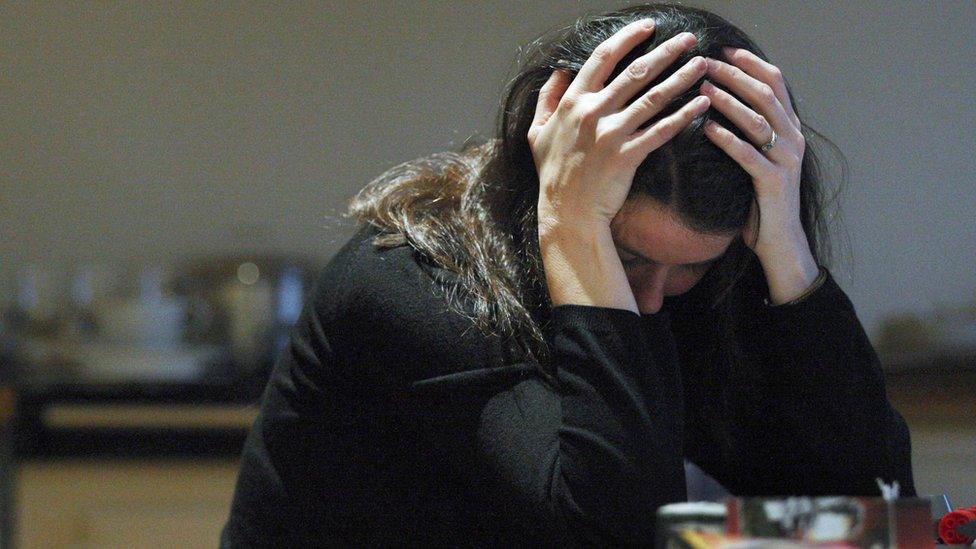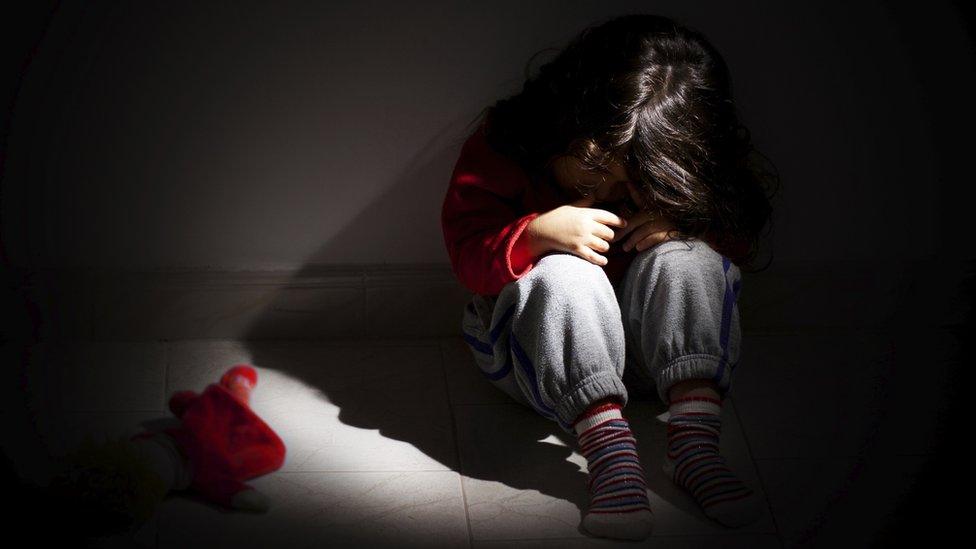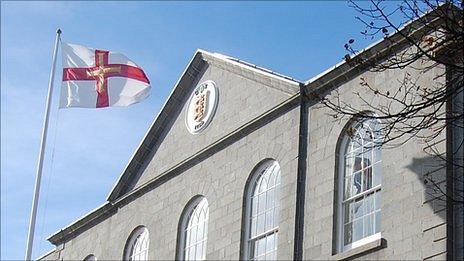Guernsey sexual offence laws enter 'unknown territory'
- Published

The change comes as part of large changes to Guernsey's sexual offences law
Consumption of alcohol or drugs preventing consent in cases of rape or sexual abuse will be considered by Guernsey courts.
Courts can determine a victim did not consent if rendered "overpowered, stupefied or otherwise incapable".
An amendment to an updated Sexual Offences Law passed by the States has taken Guernsey into "unknown territory", deputies were told.
The change comes as part of a modernisation of the Bailiwick's laws, external.
Grooming will be one of the new offences introduced by the change.
Updating the law, which was proposed in 2011 and originally intended to come before the States in 2016, is broadly based on the Sexual Offences Act 2003.
However, it has deviated by providing explicit reference to voluntary intoxication.
Legal advisors told the States the law was entering "unknown territory", with no precedent from English courts to rely on.
However, they argued the "burden of proof" would remain with the prosecution, following concerns being raised.
'Change in culture'
The amendment adds a provision to circumstances in which a court will presume consent had not been given, including someone being unconscious or drugged.
It was proposed by Deputy Gavin St Pier, who spoke of the experiences islanders had shared about unreported sexual abuse.
He read out the testimony of one victim who did not report their abuse, believing they "couldn't have convinced a jury" which made them feel at fault.
Mr St Pier argued: "This amendment is not driving a stake through the heart of our criminal justice system or centuries of jurisprudence.
"The central tenets hold, innocent until proven guilty. It is a minor amendment to a very large law that simply adds one more presumption to the many that already exist.
"It is much more about supporting a change in culture."
- Published10 November 2015

- Published24 June 2011
